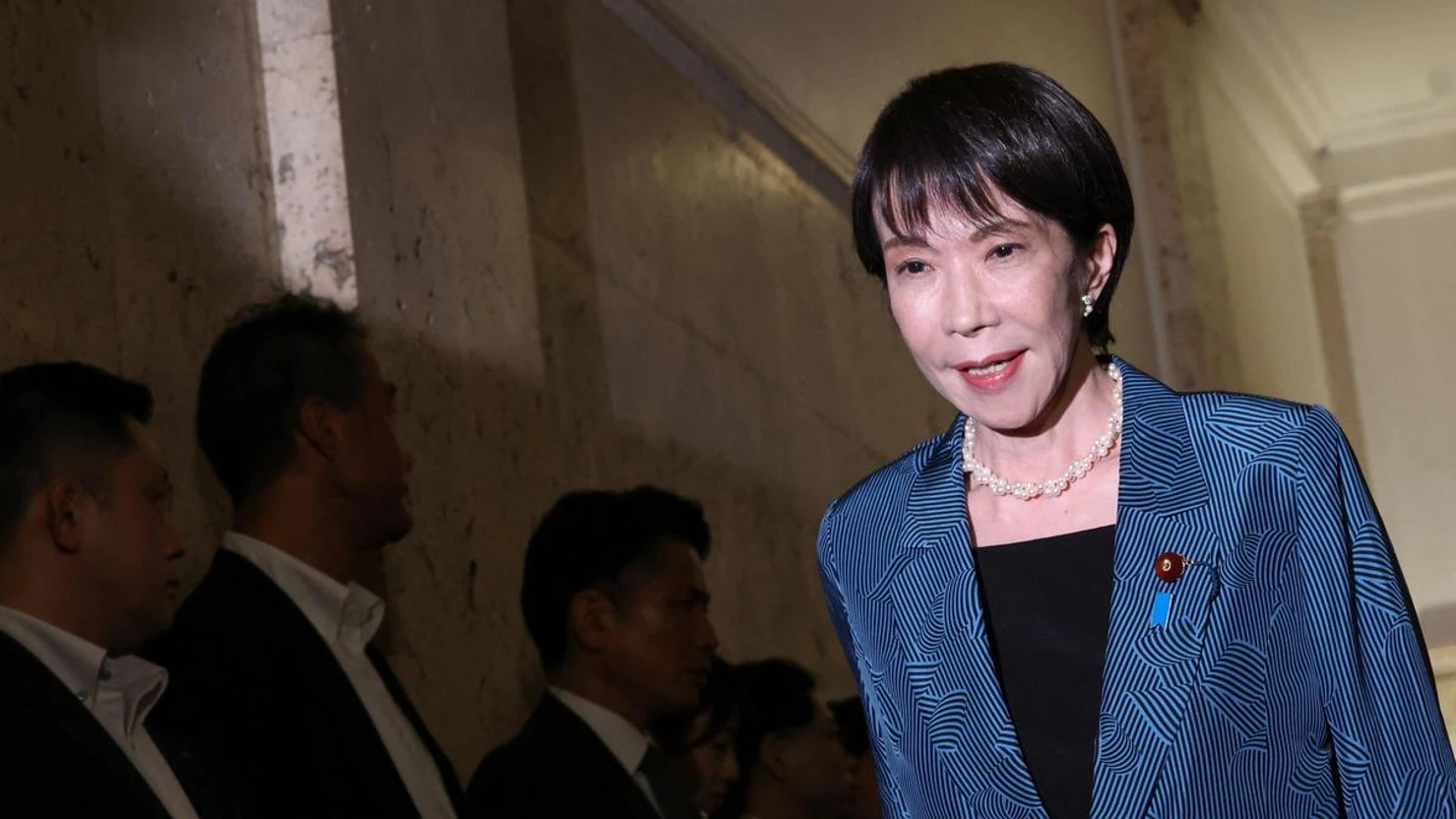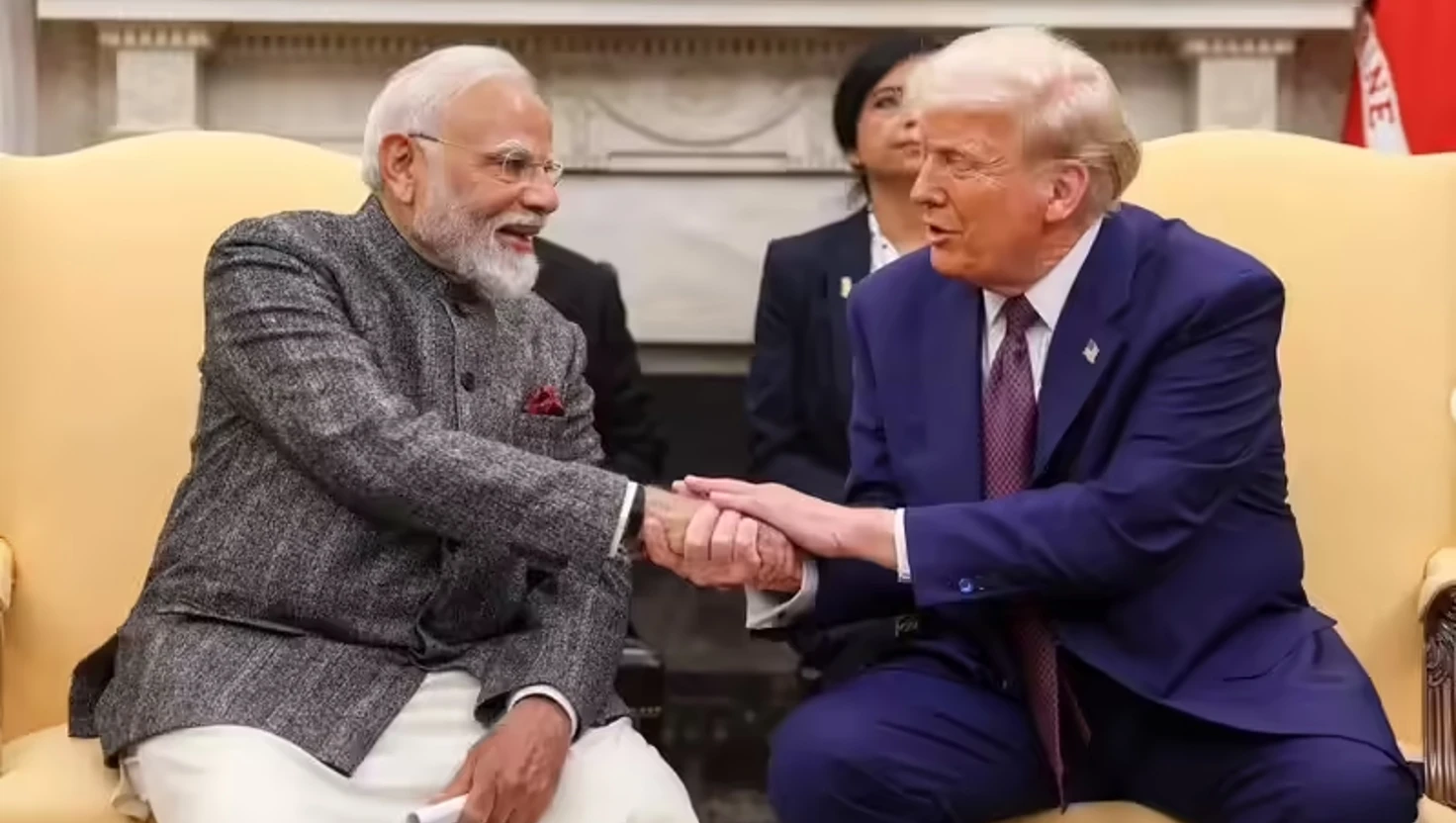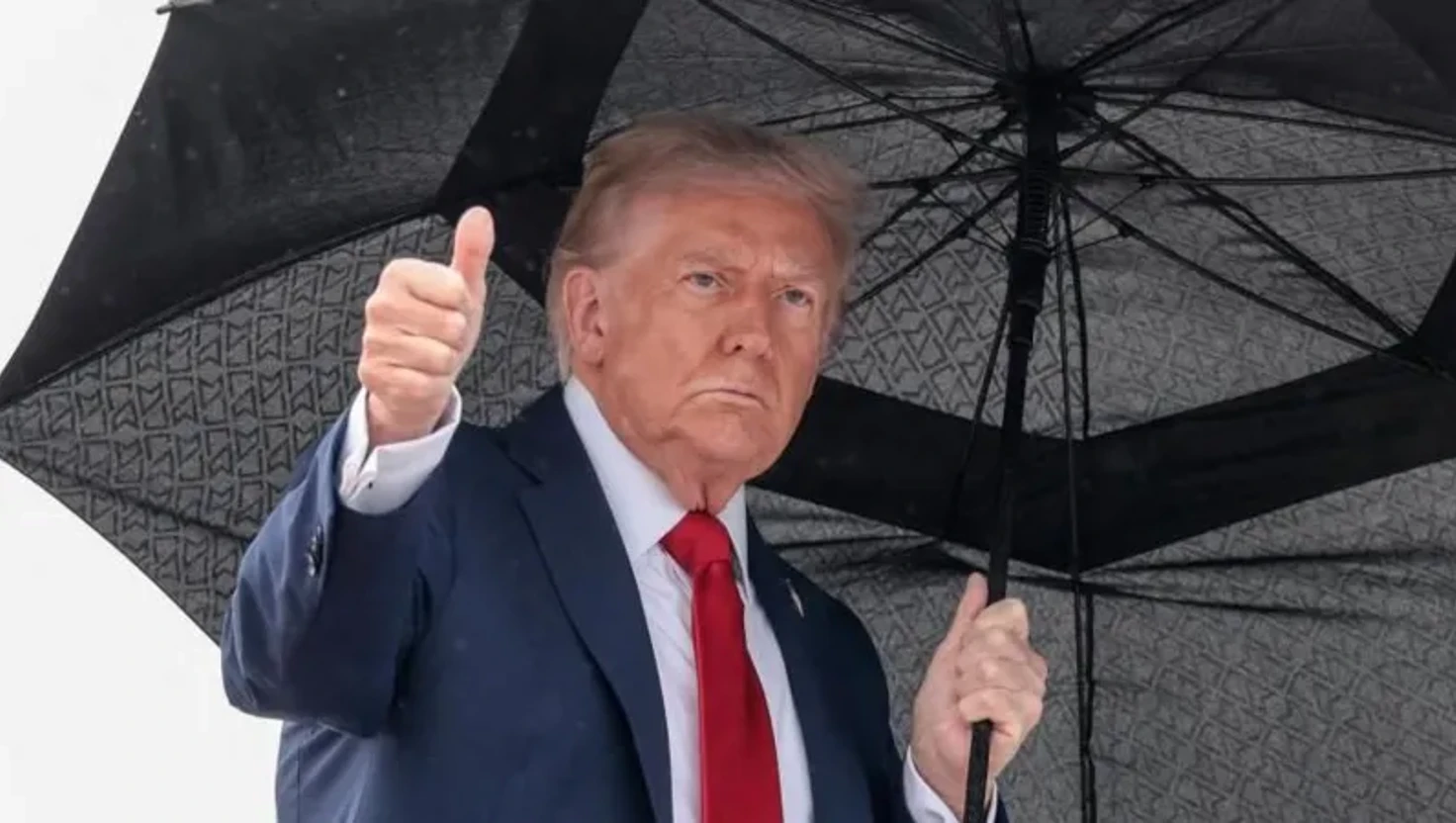Sanae Takaichi Becomes Japan's First Female Prime Minister

Sanae Takaichi has made history as Japan's first female Prime Minister, securing 237 votes in the lower house of Parliament, surpassing the 233 votes needed for a majority. Yoshikiko Noda, leader of the Constitutional Democratic Party of Japan, received 149 votes in opposition.
The victory was facilitated by Takaichi's alliance with the Japan Innovation Party, although this coalition does not hold a majority in both houses. Analysts express concerns regarding the potential instability of her government, particularly as it will require cooperation with various opposition groups to pass legislation.
"Political stability is essential right now," Takaichi stated during a coalition agreement signing with Japan Innovation Party leader Hirofumi Yoshimura on 20 October 2025. She emphasised the importance of stability for advancing economic and diplomatic initiatives. This agreement aligns with Takaichi’s hawkish and nationalist perspective.
Takaichi, 64, inherits a complex political landscape after the Liberal Democratic Party (LDP) lost its long-time coalition partner, the Buddhist-affiliated Komeito, which adopted a more centrist approach. This change has raised the stakes for the LDP, which has dominated Japanese politics for decades.
Later on the day of her election, Takaichi is expected to announce her Cabinet, featuring allies of Taro Aso, a prominent figure within the LDP. Aso’s backing was instrumental in solidifying her support among party members. However, Yoshimura indicated that the Japan Innovation Party would not accept ministerial roles in Takaichi's Cabinet until the coalition proves stable.
Takaichi's immediate challenges include preparing for a significant policy announcement, engaging in discussions with U.S. officials, and addressing rising inflation, which has heightened public dissatisfaction. Although she has assumed a landmark role as the first female Prime Minister of Japan, Takaichi has not signalled a push for gender equality or diversity initiatives.
As a political figure, Takaichi is regarded as a staunch conservative and has been known to oppose progressive policies including same-sex marriage, female succession in the imperial family, and allowing separate surnames for married couples. She has also been critical of measures aimed at enhancing women's advancement in society.
Having been a protégé of the late Shinzo Abe, Takaichi is expected to continue his legacy, prioritising military enhancement and revising Japan’s pacifist constitution. Given her tenuous hold on power, the extent of her impact on legislative reforms remains uncertain.
Takaichi's ascent has sparked varied reactions from the public, particularly among younger generations. For many, her election is a significant milestone in a historically patriarchal society. However, some critics argue that her policies do not align with the ideals of gender equality that many hoped for.
Ayda Ogura, a 21-year-old student, expressed concern about how Takaichi's leadership would be perceived: "There’s an expectation that her election should lead to greater empowerment for women, but that perspective seems overly simplistic. Her political beliefs do not advance women's issues."
Additionally, trade-offs between traditional societal expectations and women's roles continue to pose challenges in Japan, where the gender gap remains pronounced. According to the 2025 Gender Gap Index by the World Economic Forum, Japan ranks 118th out of 148 countries. Women occupy only 15.7% of political positions, the lowest ratio among G7 nations.
Despite Takaichi's conservative stance, some view her leadership as an opportunity to inspire future generations of women. Naomi Koshi, Japan's youngest female mayor, remarked that having a female Prime Minister could reduce psychological barriers for women aspiring to leadership roles. However, others warn that Takaichi’s positions could reinforce the status quo rather than challenge it.
In conclusion, while Sanae Takaichi's election as Japan's first female Prime Minister represents a historic achievement, the implications for gender equality and women's rights in Japan remain uncertain. Her conservative policies and alliances suggest that substantial challenges lie ahead, not just in politics but in addressing the wider societal expectations for women.

Israel says it will return to ceasefire after airstrikes in Gaza killing dozens

Trump, Putin to meet in Hungary to discuss war in Ukraine

Trump says Modi assured him "India Will Not Buy Oil From Russia"

Trump claims "economically hostile act" by China, threatens terminating business with Beijing





